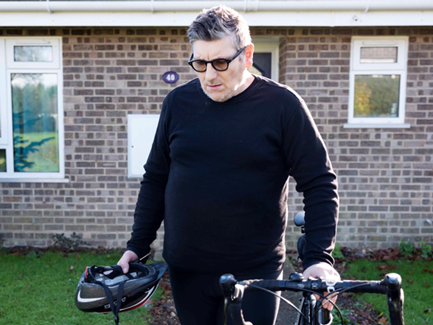
Understanding the relationship between obesity and the heart
Obesity and the cardiovascular system: understanding how weight loss can help lower the risk of heart attack and stroke.
You may already know that checking measures such as blood pressure and cholesterol levels can be a good way to protect your health. But did you realize that living with obesity can actually increase the risk of heart disease? This article explains the link between obesity and heart disease and outlines how individuals living with obesity can reduce their risk of developing the disease.

CVD is an umbrella term used to describe health problems that affect the heart or blood circulation. It is also known as heart disease. It includes conditions that narrow or block the blood vessels, such as heart attacks and stroke.
CVD is on the rise. Worldwide, the number of people living with CVD nearly doubled between 1990 and 2019. CVD is a leading cause of death and a huge contributor to disability and rising healthcare costs. There is a proven link between obesity and CVD. Put simply, living with obesity can increase your risk of developing heart disease.
You may already be aware that obesity can lead to the development of conditions like high blood pressure or diabetes. However, you may not have realized that these are all significant risk factors for CVD—if left untreated, they can potentially cause heart disease.
Why? Carrying excess weight can cause fatty deposits to build up in your arteries, which are the blood vessels that supply blood to your organs. This condition is called atherosclerosis. When the arteries supplying blood to the heart become damaged or blocked, it can result in events like a heart attack. If this occurs in the arteries leading to the brain, it can cause things like a stroke.
The reality is that people living with overweight or obesity are at a greater risk of a CVD event. On a more positive note, most people can reduce their risk by making changes to their lifestyle.
The good news is that making relatively small changes can help to reduce the risk of CVD. In fact, you may already be making some of these choices.
The sooner you start making changes, the better. The first step is to talk to your doctor.
Depending on your individual circumstances, your doctor may discuss a range of different strategies.
You don’t have to face this alone. Support is available.
Check out the other articles on this website, many of which contain information on ways to protect your health.
You are more likely to succeed in controlling your weight if you can find a doctor who specializes in helping people living with obesity.